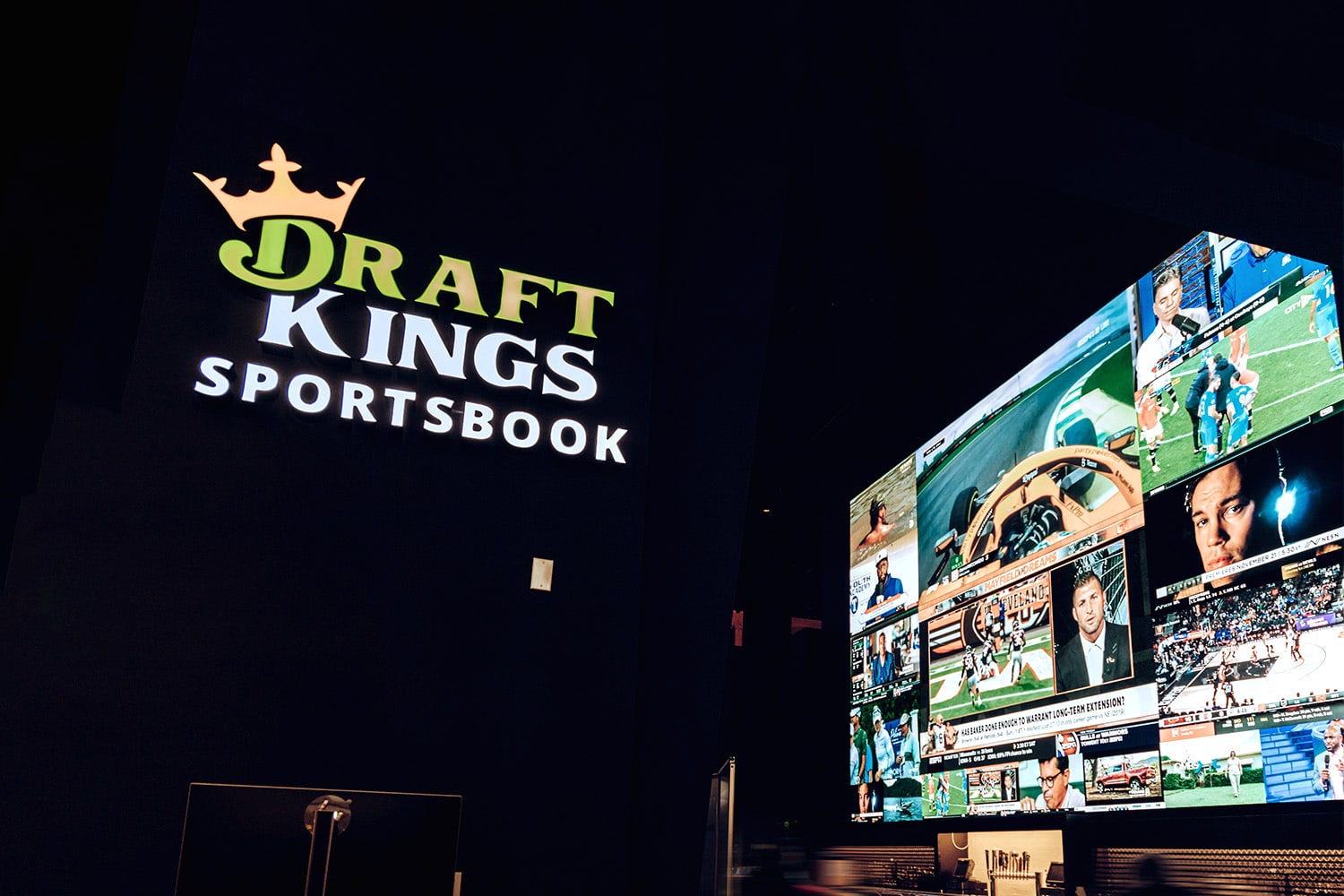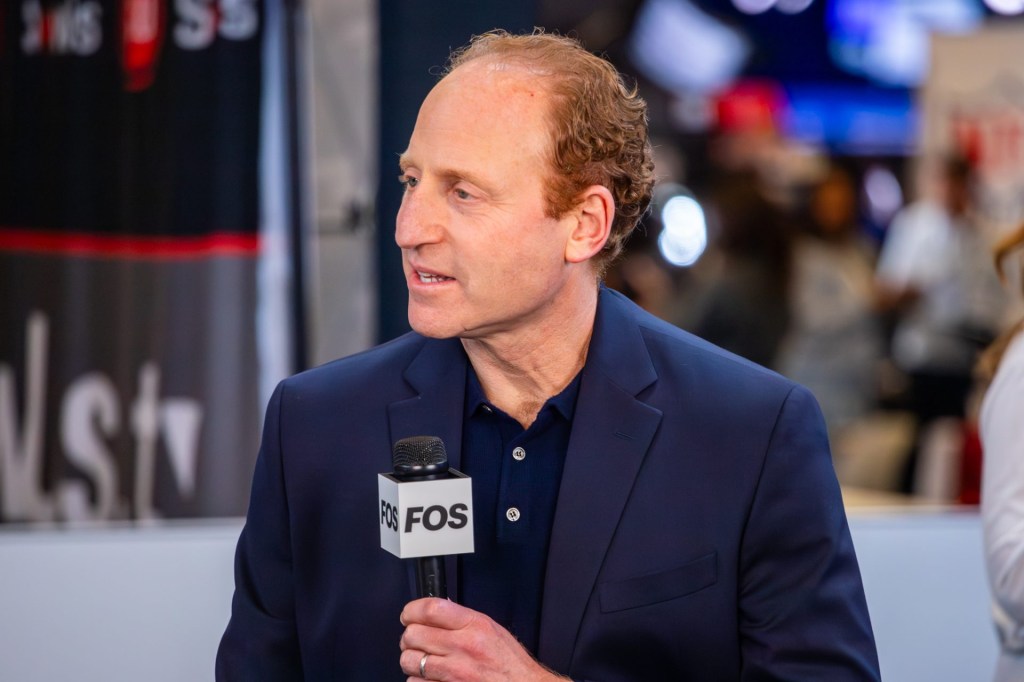Just two hours after FanDuel announced it would not join its rival DraftKings in charging bettors a winner’s surcharge in high-tax states, DraftKings canceled its surcharge plan in a surprise move.
“We always listen to our customers and after hearing their feedback we have decided not to move forward with the gaming tax surcharge,” DraftKings tweeted at 6 pm EST Tuesday.
FanDuel parent company Flutter Entertainment (FLUT) reported sales and profits Tuesday that beat analyst expectations. As it rides a new wave of domestic customers, the company said it will not introduce a 3% to 5% winner surcharge for players in high-tax states like Illinois and Pennsylvania, as rival DraftKings had announced a plan to do. In addition to social media outcry when DraftKings announced its plan on August 1, ESPN Bet and BetRivers both announced in the past week they would not impose a winner surcharge.
The different approaches from various sports betting operators came after agencies such as the Illinois Gaming Board announced an increase in taxes on legal bets, effective July 1. FanDuel said it will mitigate half the cost of those tax hikes next year “through locally optimized and promotional market spend.”
Flutter CEO Peter Jackson said on the earnings call there’s a “happy medium” for tax rates, but he doesn’t endorse a system that punishes heavy investors, believing it could push players into offshore gambling.
Flutter stock was up 10% after hours Tuesday.
DraftKings has had more of a mixed-bag summer: It recently sold gambling television channel VSiN back to Musburger Media just three years after acquiring it and shuttered its NFT arm amid legal concerns. DraftKings, in its own second-quarter earnings report Aug. 1, reported its first profitable quarter, but revenue missed analyst expectations.
Flutter CEO Jackson also said he has no plans to rename the company or pursue an initial public offering, and he sidestepped rumors that Flutter could merge with Penn Entertainment, which partnered with Disney to create ESPN Bet, saying “some of the best deals are ones we haven’t done.”
The company is also looking for places to spend its profits (“capital allocation opportunities,” in its words) after it reported $297 million in net income, an increase from $64 million year-over-year.













